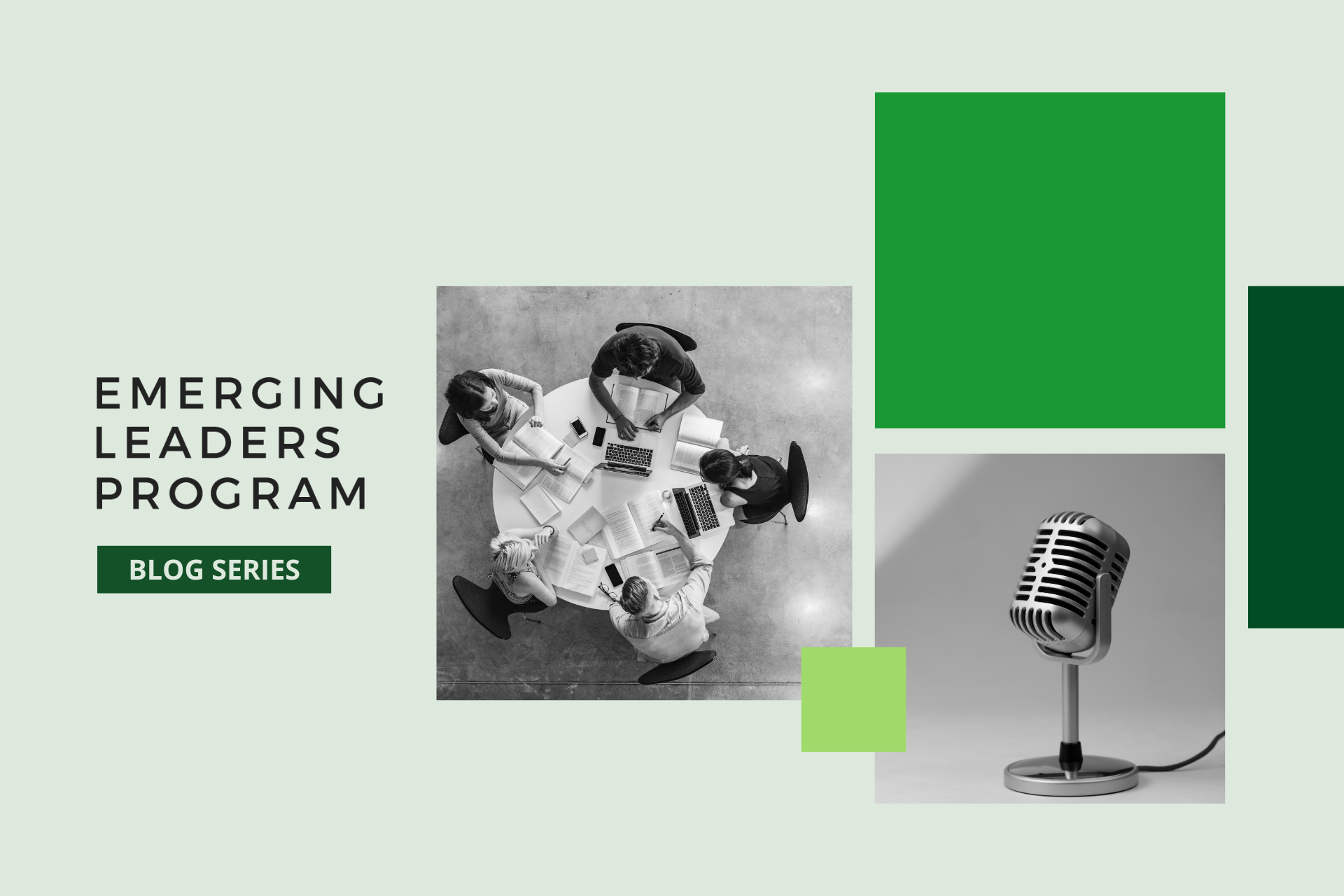Led by Kristy Kilbourne RPP, MCIP
Our fifth module, Internal Conflict Resolution, was led by Kristy Kilbourne RPP, MCIP, and founder/principal of Your Planning Career, a coaching service aimed at assisting planners with career development whether that be landing your first job, reshaping the current one, or pivoting to a new one entirely. In this context, internal conflict resolution relates to the conflict that may be experienced within the workplace. The next module will focus on how to address conflict that may take place outside of the workplace.
Pre-Session Readings
Prior to the session, Kristy asked ELP participants to complete a personality test based on the foundation of Myers-Briggs. This can be found at Free Personality Test | 16Personalities. Your personality type, based on this formula, helps to know yourself but also to understand and appreciate differences between people. If you have some time, take the test linked above. It’s free!
Required reading also included ‘The Magic 5 for Managing Conflict’ (OPPI 2016). This article outlined five practical tips for minimizing and managing conflict in professional practice.
Speaker Presentation
Kristy began her presentation by taking participants through an exercise that demonstrated that there are differences of perspectives and opinions, and with an effort to normalize it. General sources of conflict in the workplace were discussed, including differences in culture, age, work ethic, personality, or roles, such as superior versus subordinate. Participants then anonymously identified more specific examples of internal conflict that may be experienced by planners within their workplaces. Conflicts raised included harsh and unprofessional communication from co-workers, unstated or unrealistic expectations, disagreement with management over planning recommendations, and lack of cohesive management/direction.
Next, Kristy asked what participants can do to develop their internal conflict resolution skills. This was related back to Module 2, where building emotional intelligence was discussed. Kristy stressed that having emotional intelligence or self-awareness is important to resolving conflict, as it allows for the separation of people from the problem. When faced with a problem the following questions can be asked:
- What is my role in this situation?
- What factors led to this situation?
- Is this situation avoidable?
- How might I attempt to solve this at my level?
- Is this an isolated instance or is there a trend here?
Following this, Kristy discussed the importance of seeking external support. These could be mentors, friends, family, professionals (e.g. therapists or coaches), or others who are objective and can help guide decision making. She advised taking a step back, asking for help, and setting boundaries as ways to address issues related to conflict, as they are first components of self-care. When individuals take care of themselves, they are more equipped to handle stressful situations, including sources of conflict in the workplace.
Last, Kristy took the participants through steps that can be taken to prevent or resolve conflict. These steps were adapted from materials presented in previous workshops led by Beate Bowron, FCIP.
Pre-Step: Prevent the conflict! This requires self care, good communication, transparency, compassion, and empathy.
Step 1 – Identify the problem. What is the source of the conflict? Listen and acknowledge the other party’s feelings.
Step 2 – Ask Clarifying Questions. How as the issued affected your emotions towards your work or co-worker? What is the most important aspect to resolve? And what is the desirable outcome?
Step 3 – Identify the type of conflict. Is it leadership? Project based? Personality or idea?
Step 4 – Identify solutions. What resources are available? Collaboration/consensus?
Step 5 – Agree on a plan. Resolve the issue at your level prior to escalation. Identify areas where more is needed for resolution. Agree on the facts and establish a clear path forward for all parties involved.
To close, participants were sent to breakout rooms with conflict-based scenarios they had raised at the outset of the session. Considering and applying the knowledge and tools discussed in the session, they were asked to report back in plenary to explain how the groups would resolve the particular conflict they were assigned. Participants wrapped up the session by sharing their key takeaways on how they might address common internal issues.
Kristy closed the session by noting that in all cases of the specific internal conflicts discussed, reflection, communication, and empathy were at the forefront of understanding and addressing the issues. She also coached participants to not be afraid to move on from toxic work environments or environments that don’t feel like a great fit, particularly if their mental health and well-being are impacted. Lastly, Kristy reiterated the importance of having external supports, encouraging participants to lean on each other as external sounding boards when facing internal conflicts.
